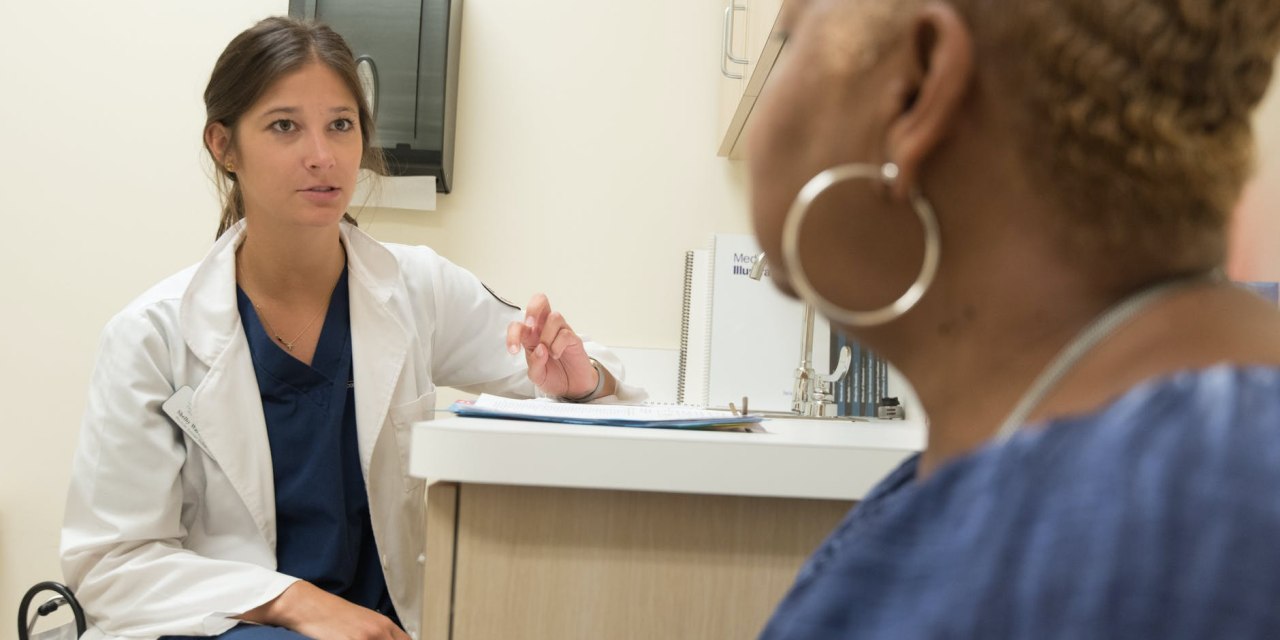Am I a physician or just a vending machine? That’s the title of an article on Medscape by a family practitioner who wonders how she can be expected to help people get off drugs when the healthcare system and society at large present so many obstacles to that goal.
Here’s the link if you’re interested. (A subscription is required, but it is free.)
It’s easy to understand her frustration. In one anecdote, she reduces a patient’s gabapentin dose only to discover that between visits, he’s gone up the street to an urgent care center and obtained a prescription for a different drug of the same type.
In another example, she learns that a patient is being resupplied with drugs by a network of family friends, even as she’s in the process of attempting to detoxify him as an outpatient.
She’s left to wonder if physicians have become so accustomed to simply writing prescriptions for every patient, as a way of meeting the patient’s expectations, that they no longer consider the risks involved.
It’s a complaint I’ve heard from people who survey patient satisfaction with their physicians. They suspect that patients punish doctors who don’t accede to their requests with nasty reviews on the followup survey. “Hospitals and clinics pay attention to those survey results,” one expert noted. Perhap more attention than is merited.
Then there’s natural anxiety about provoking an incident. “I almost always prescribe something, even if I suspect it won’t help,” one doc confessed. “Especially if it looks like the patient might overreact.”.
“Even to somebody you suspect has a problem with drugs?” I asked.
“Even then,” he nodded. “People can be pretty aggressive. You don’t want to provoke them unnecessarily. The goal is to ease them out of the office with as little fuss as possible.”
That reminded me of a talk I gave some years ago to a group of medical students. “I know you want to come across as a concerned, competent professional,” I advised them, “but don’t forget, to someone who’s in withdrawal, it’s as if there’s a neon sign over your head that reads, All Night Pharmacy, We Never Close.
Nowadays, with a similar audience of med students, it wouldn’t be long before somebody raised a hand to share a story about a medical office shot up by a disgruntled patient. Stories that, rare though they may be in practice, resonate in the minds of practitioners. Plus draw attention on social media — akong with every other negative aspect of modern life.
If I were a budding physician, I’d probably be wary, too. It would seem easier (and safer) to simply give in, write a script for something as harmless as possible. Encourage the patient to seek help, not that I thought they’d listen.
At least then I’d feel better.
Still, in the final analysis, that’s just, well… compounding the problem.













